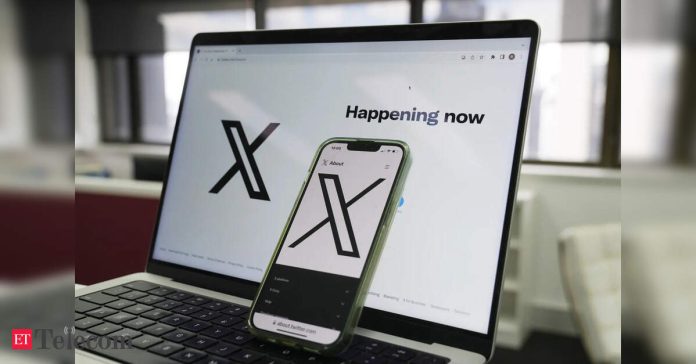Social media platform X says it will appeal an Indian court ruling that permits more than two million police officers across the country to issue content takedown requests through a government-run online portal known as Sahyog.
In a post published on Monday, September 29, the company said the ruling posed a significant threat to free expression and vowed to continue its legal fight.
“We will appeal this order to defend free expression,” X stated, marking its first public reaction since the High Court of Karnataka last week rejected its attempt to challenge India’s content removal system. The court dismissed the company’s petition, ruling there was no legal basis to quash the government’s regulatory framework.
According to X, the Sahyog portal allows officers to demand the removal of content based solely on allegations of “illegality,” without judicial oversight or due process for those publishing the content. The platform further argued that the system exposes social media companies to criminal liability if they fail to comply with requests.
X has repeatedly accused Prime Minister Narendra Modi’s government of censorship and overreach. New Delhi, however, insists the system is designed to address the rise of unlawful content and promote accountability online.
The clash adds to a string of disputes between X’s billionaire owner Elon Musk and governments around the world over compliance with takedown orders. In India, the company has mounted its strongest legal challenge yet, questioning the foundation of tightened internet regulations in the country.
Since 2023, Modi’s administration has expanded the power of officials to police the internet. A key step was the launch of the Sahyog website in October that same year, which gave millions of officers the authority to file takedown requests directly to platforms.
Rights groups and digital freedom advocates have raised concerns about the system, warning it could be weaponised to silence dissent and curb online speech. Despite the setback in Karnataka, X’s decision to appeal sets the stage for a prolonged battle over how far the Indian state can go in regulating online expression in the world’s most populous nation.



